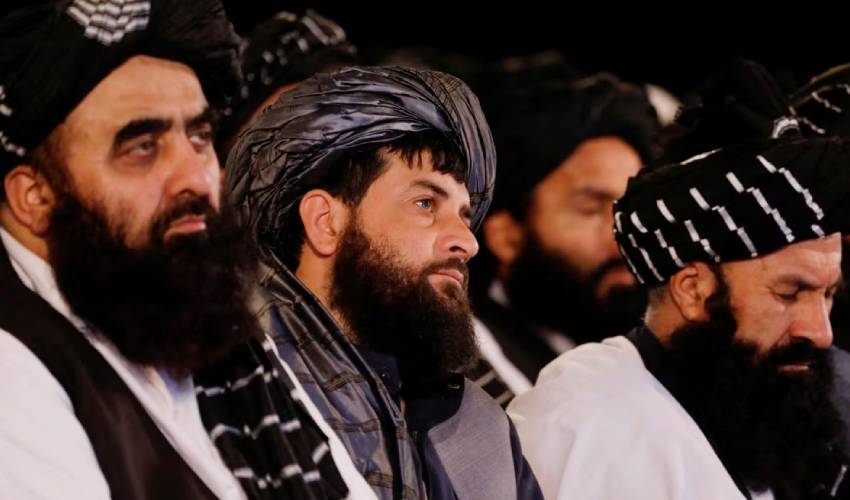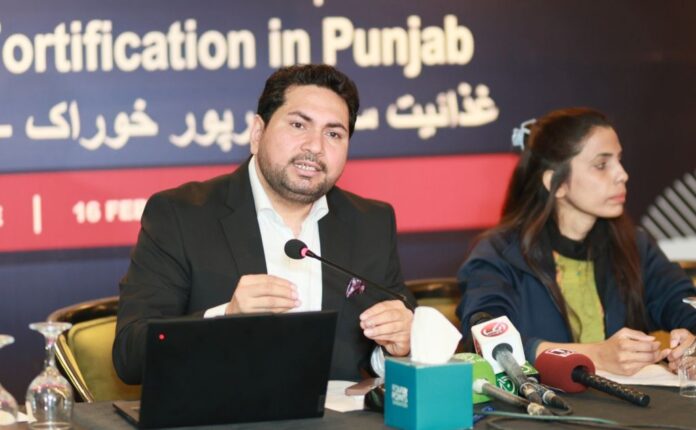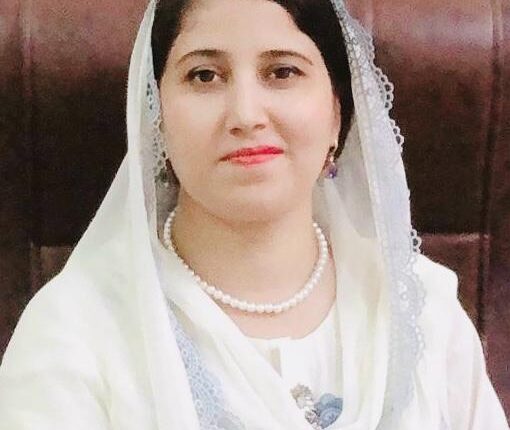Struggling with internal divisions, the Afghan Taliban must choose between a hard and moderate approach amid Afghanistan’s economic and security challenges. Recent reports from senior Taliban figures on Eid ul-Fitr illustrate these internal cracks.
Senior leader Hibatullah Akhundzada has staunchly defended the Taliban’s adherence to self-imposed Islamic law and rejected international criticism. Instead, Afghan Interior Minister Sirajuddin Haqqani urged Taliban members to be careful and avoid actions that divide the Afghan population.
Analysts say Haqqani, while recognizing the Taliban’s hard-line rule, aims to project a soft image to gain broad Afghan support and international support. However, the Taliban’s hardline policy remains a significant obstacle to international dialogue, especially on women’s rights.
The Taliban’s ban on girls’ education beyond the sixth grade, along with the death penalty and mass executions, has led to widespread condemnation of Afghanistan’s humanitarian crisis of drought and homelessness.
Although some moderate Taliban members support women’s education, they do not have significant influence in the group. Journalist Ahmad Rashid noted that Leader Akhundzada’s unyielding attitude left many questions unanswered.
Sirajuddin Haqq’s previous criticism of the Taliban leadership reflected internal discontent. However, the Taliban’s strict adherence to Sharia law has hampered international recognition and challenged its legitimacy.







